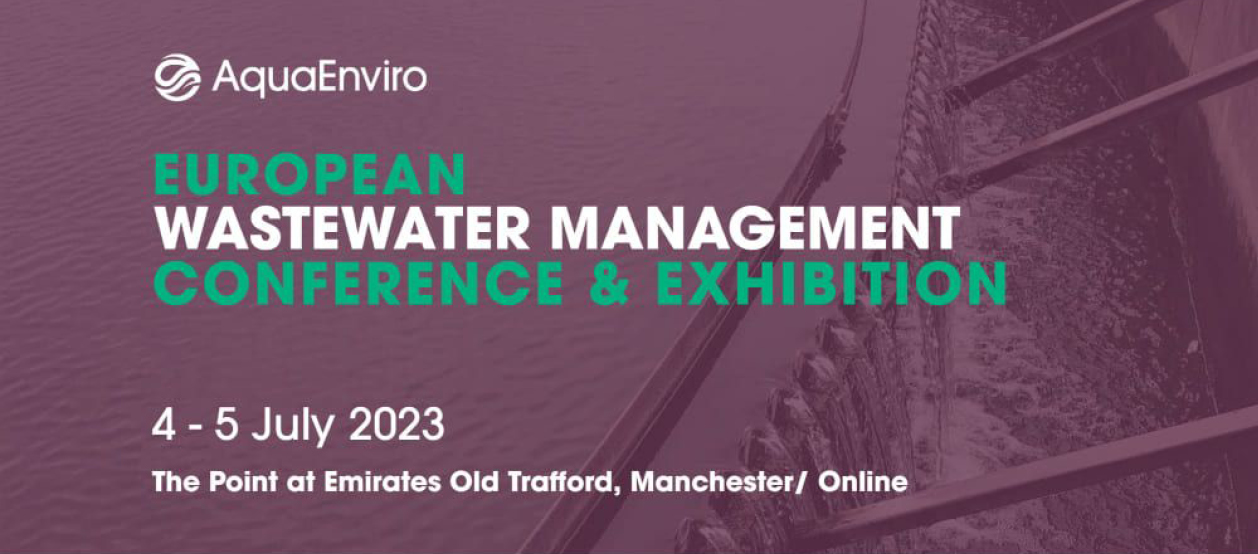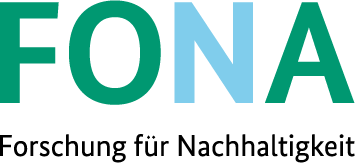TransPhoR contribution at the European Wastewater Management Conference in Manchester
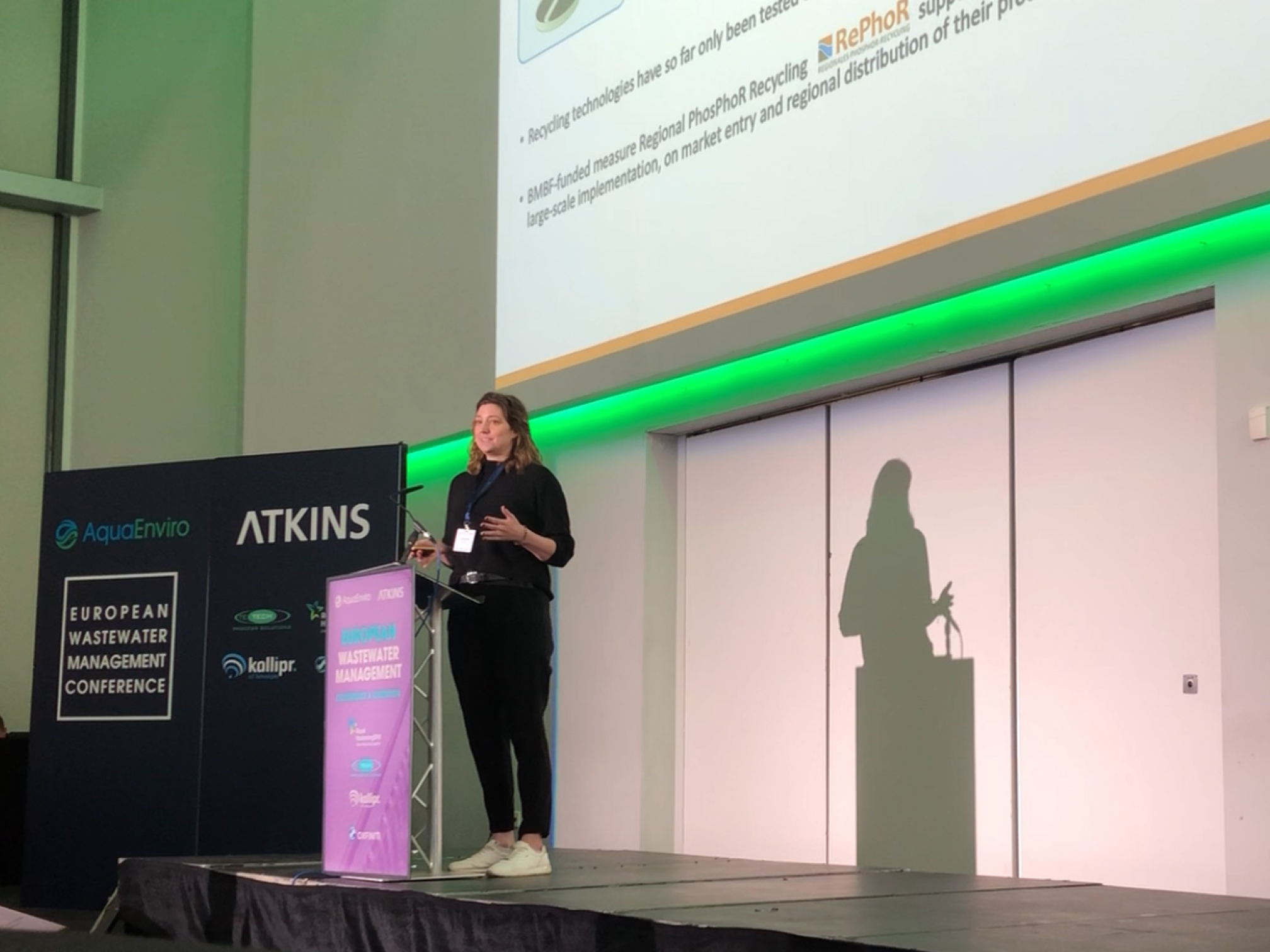
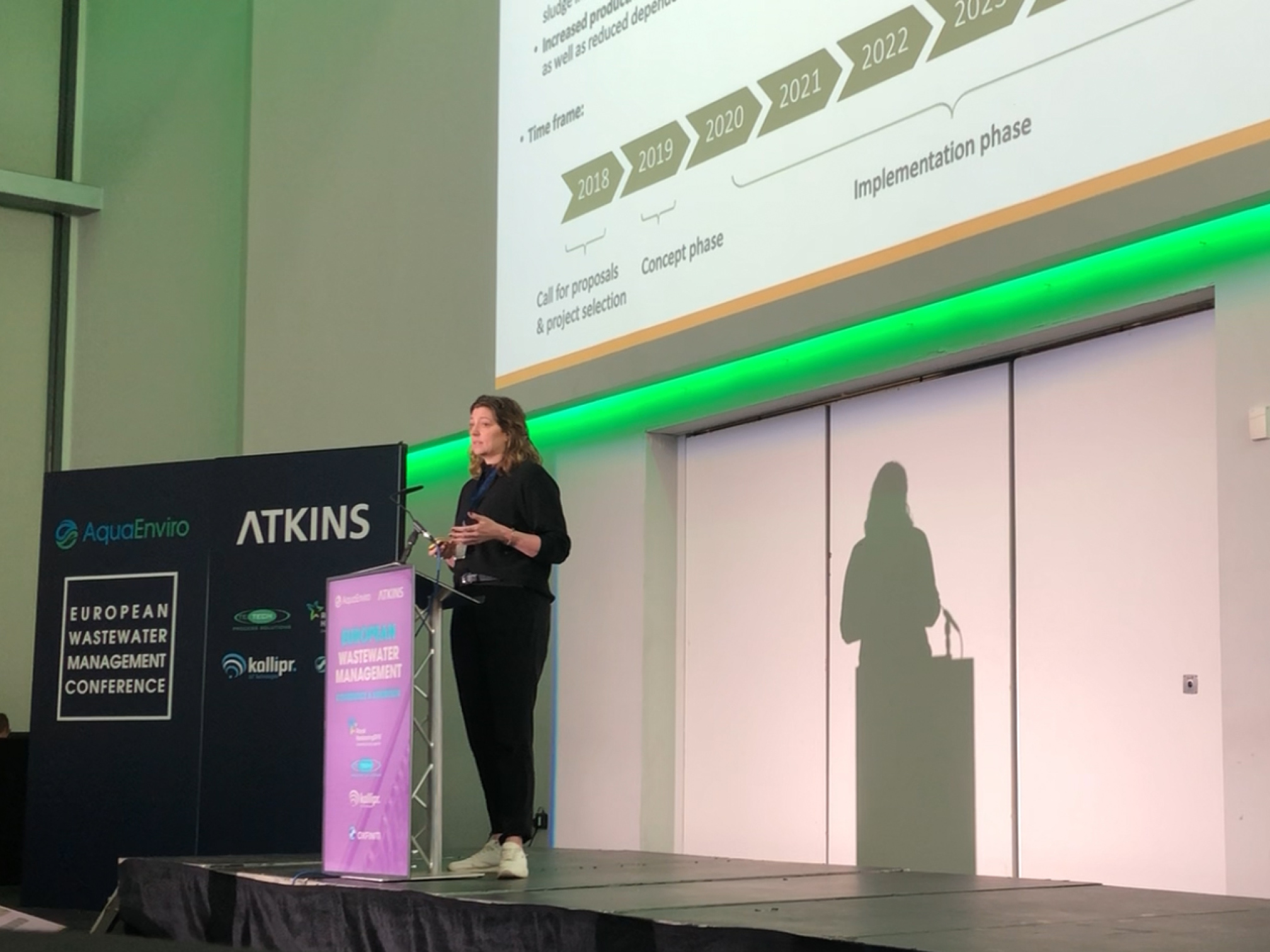
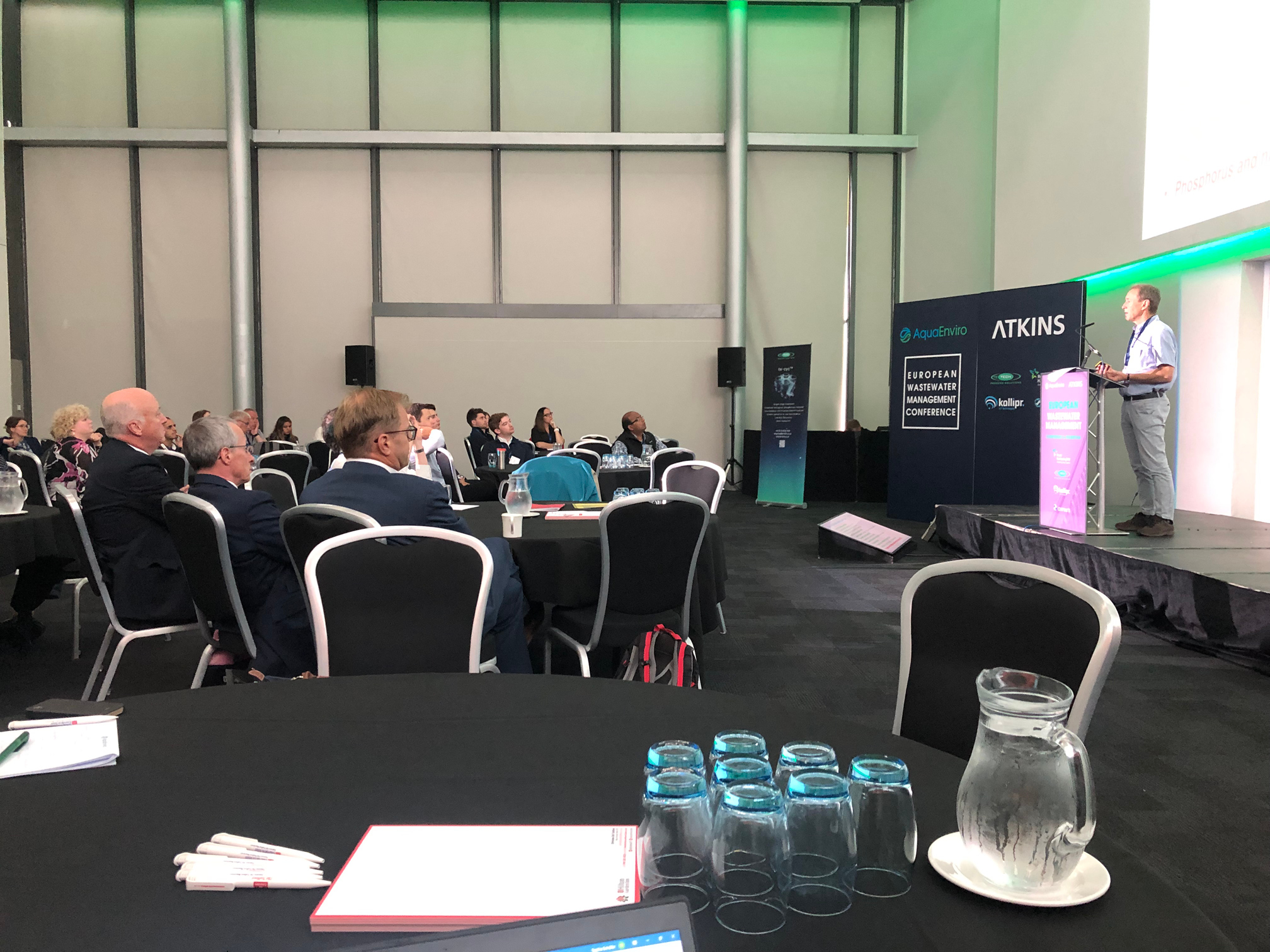
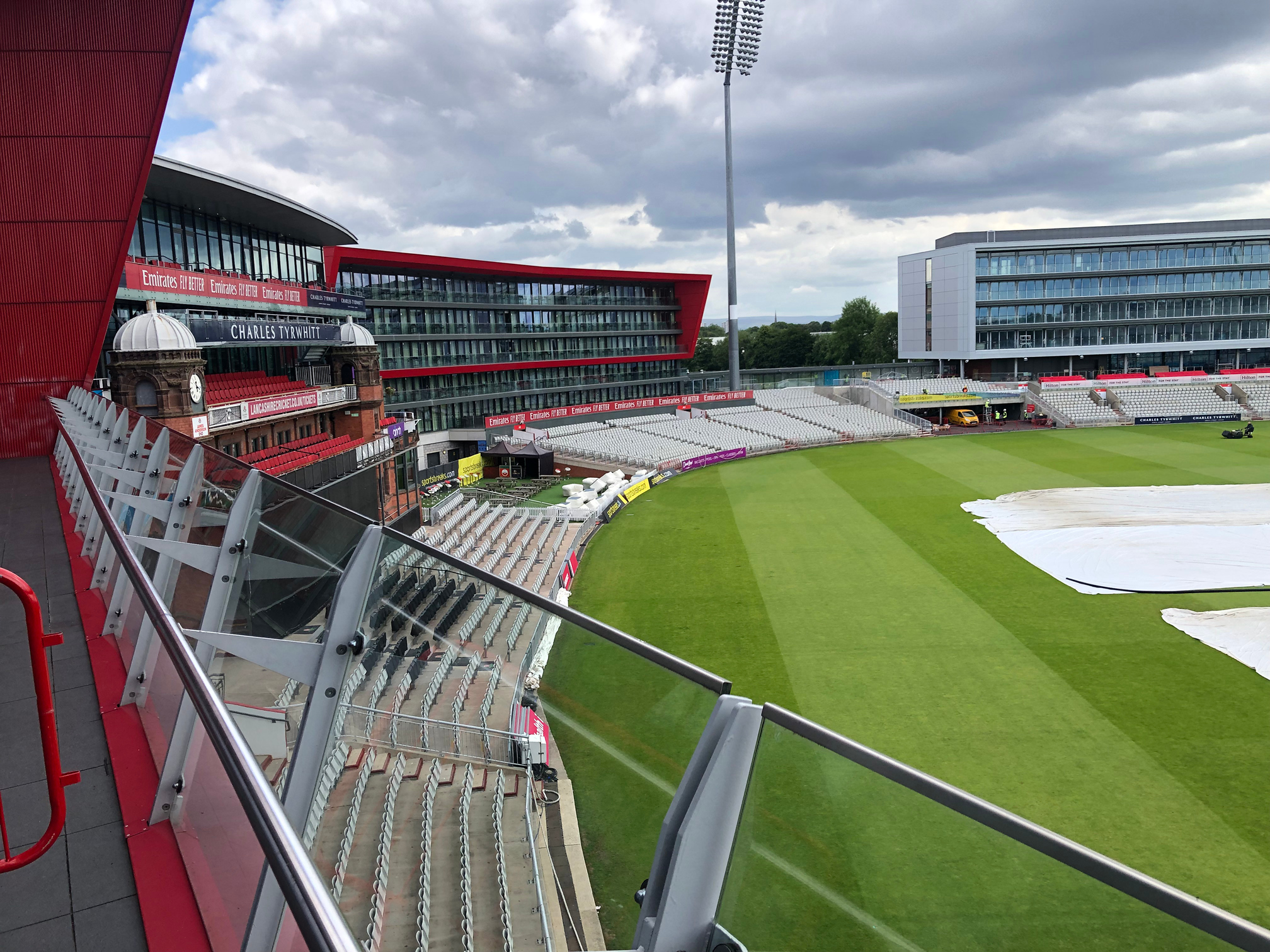
The European Wastewater Management Conference is an annual event for the presentation of current developments in the wastewater sector and the exchange of experts and stakeholders. This year, more than 300 participants attended the conference. Sophia Schüller from the TransPhoR project had the opportunity to present the RePhoR funding project within the “Nutrient Removal & Recovery” session and discussed with the participants the experience needed, which other European countries also need to access. Previously, Chris Thornton of the European Sustainable Phosphorus Platform (ESPP) had already given an overview of the EU’s regulatory instruments for nutrient recovery.
The conference was held in the light of the worsening climate crisis: in his key note presentation “This changes everything: the coming climate reckoning”, Professor Rupert Read urgently called on the water industry to take action. In the light of this, the following presentations once again made clear the connection between phosphorus and climate change: increasing heavy rainfall and storm events cause phosphorus to be flushed out of the soil, which on the one hand has a negative impact on the water quality of neighboring bodies of water, and on the other hand increases the need for phosphorus fertilizer. At the same time, the soil temperature increases in the long term and thus also the uptake capacity of the plants.
In view of the expert audience, the presentation focused on the organizational challenges of phosphorus recycling and the results to be expected from RePhoR, as well as the description of the accompanying and cross-project cross-cutting issues (more on the RePhoR homepage). Germany, as one of the countries in the EU that have introduced a P-recycling obligation, can also help to shape the technological paths of other EU countries through the experiences that are also generated within the RePhoR measure, if they are looking for best practice examples. The discussions that followed the presentation made it clear that there are many questions about the way forward and the urgency of the timeframe, and that the results are eagerly awaited.

